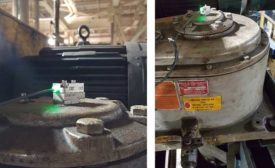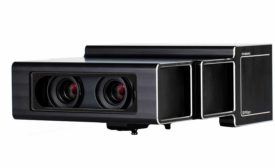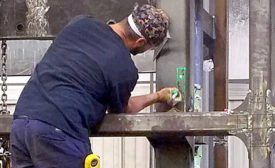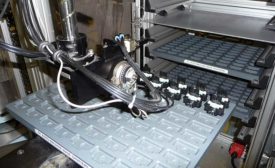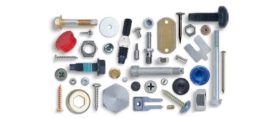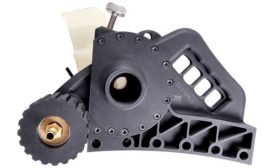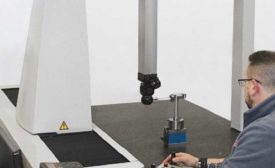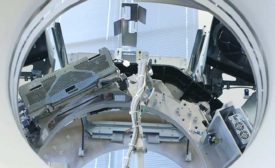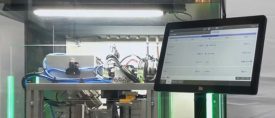Jim Camillo
Jim was a senior editor of ASSEMBLY and has more than 30 years of editorial experience. Before joining ASSEMBLY, Camillo was the editor of PM Engineer, Association for Facilities Engineering Journal and Milling Journal. Jim has an English degree from DePaul University.
ARTICLES
Sensors and AI-based software help manufacturers eliminate unplanned equipment downtime.
Read More
Fastener Case Studies
These success stories show why screws, pins, rivets, inserts and specialty nuts are among manufacturers’ favorite fasteners for assembling products.
June 8, 2022
Leak Testing Appliances
Mass flow, pressure or vacuum decay, and tracer gas sniffing tests ensure leak-free performance of all types of home appliances.
May 4, 2022
Harness Manufacturer Masters High-Mix Assembly
MJM Industries serves manufacturers worldwide with high-quality wire and cable harnesses, control panels, electromechanical devices and engineering services.
April 25, 2022
Get our new eMagazine delivered to your inbox every month.
Stay in the know on the latest assembly trends.
SUBSCRIBE TODAY!Copyright ©2024. All Rights Reserved BNP Media.
Design, CMS, Hosting & Web Development :: ePublishing

